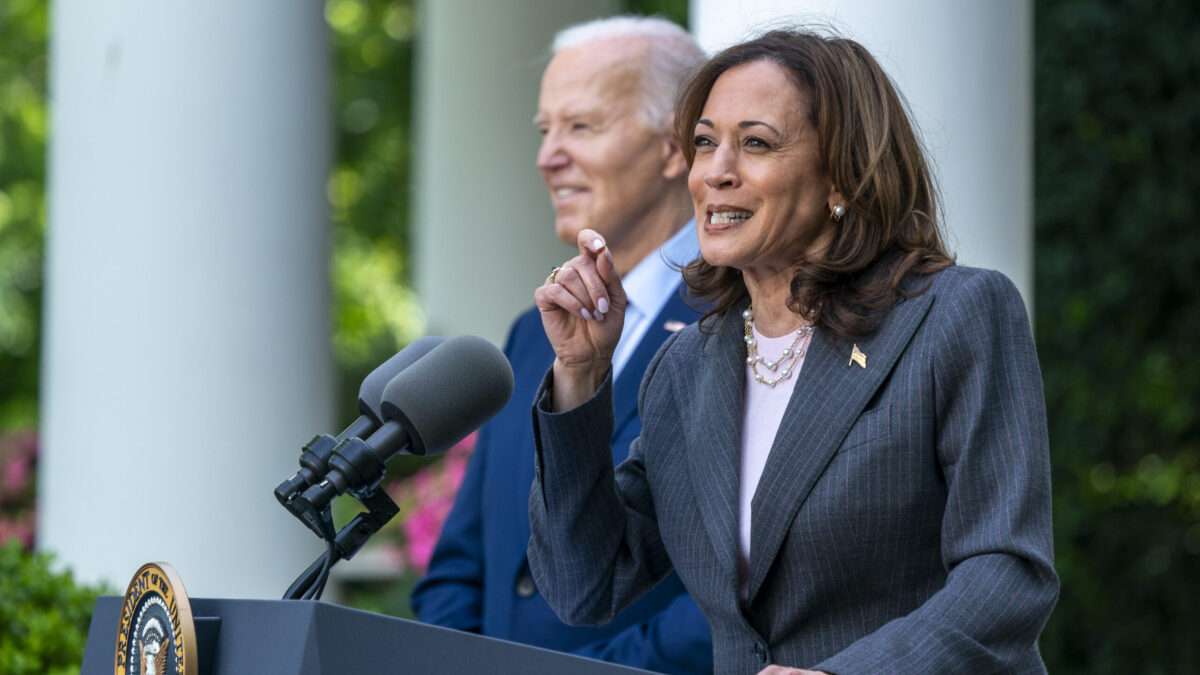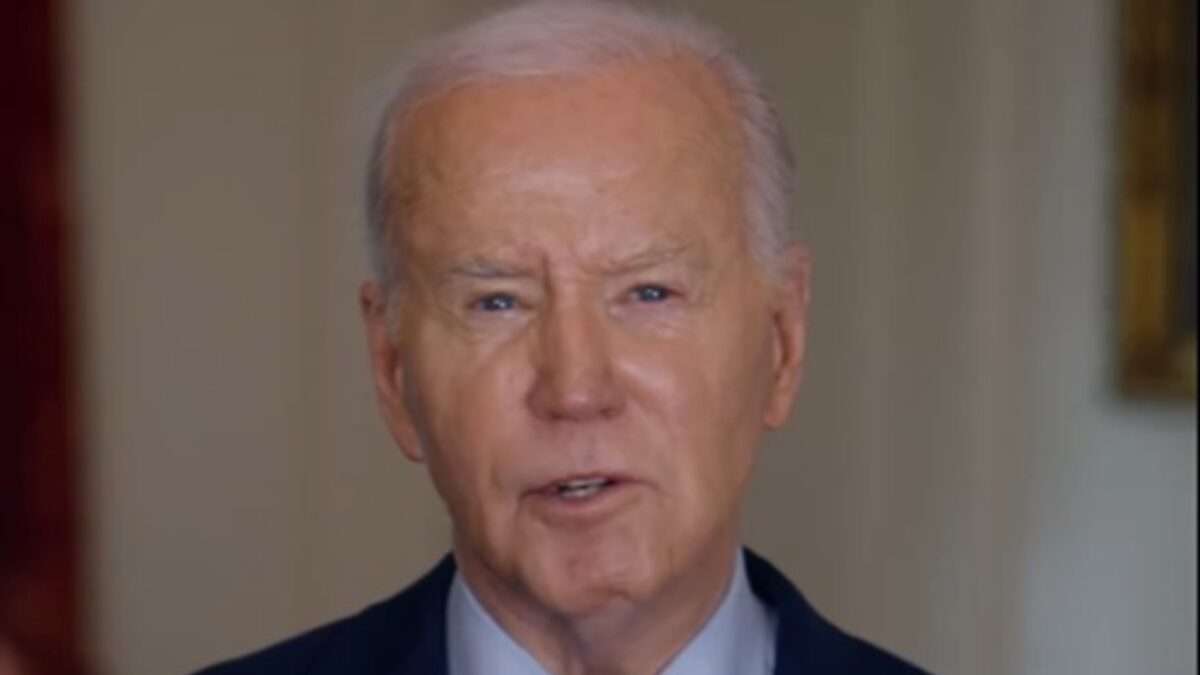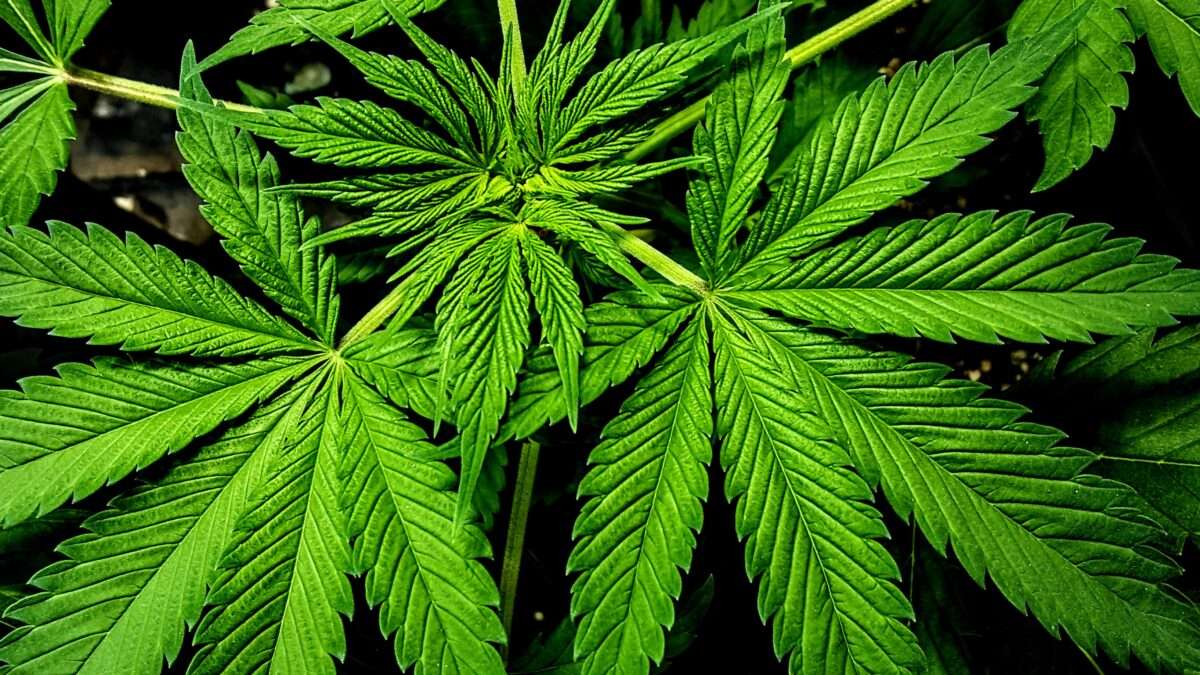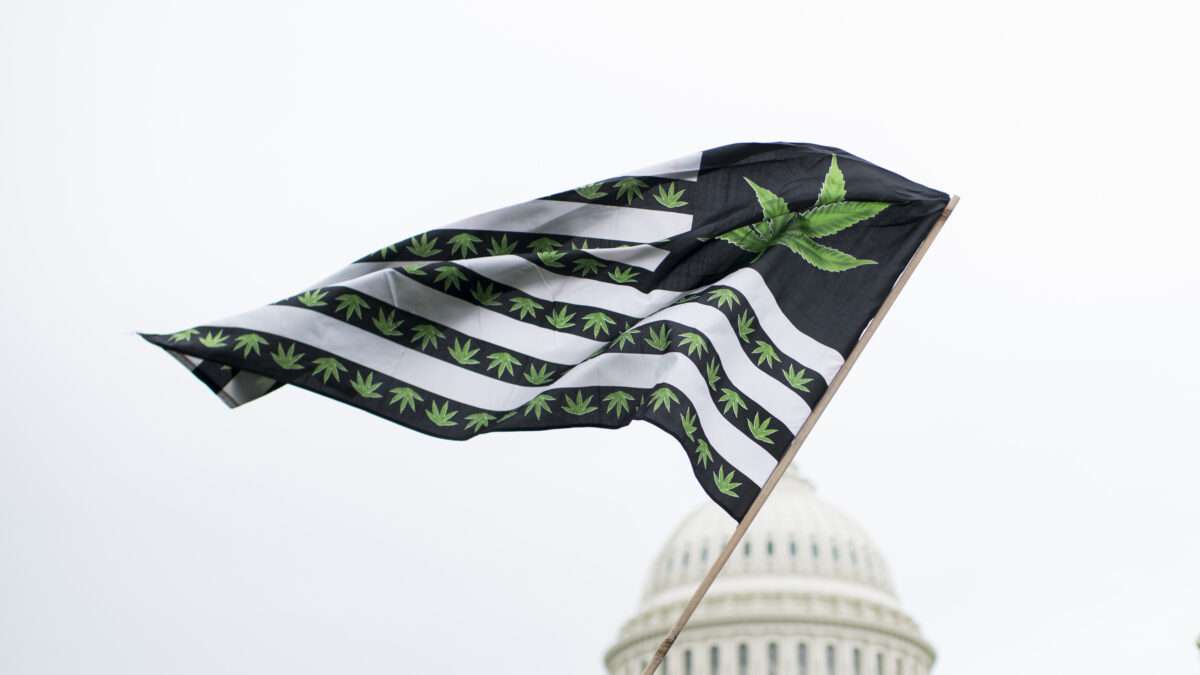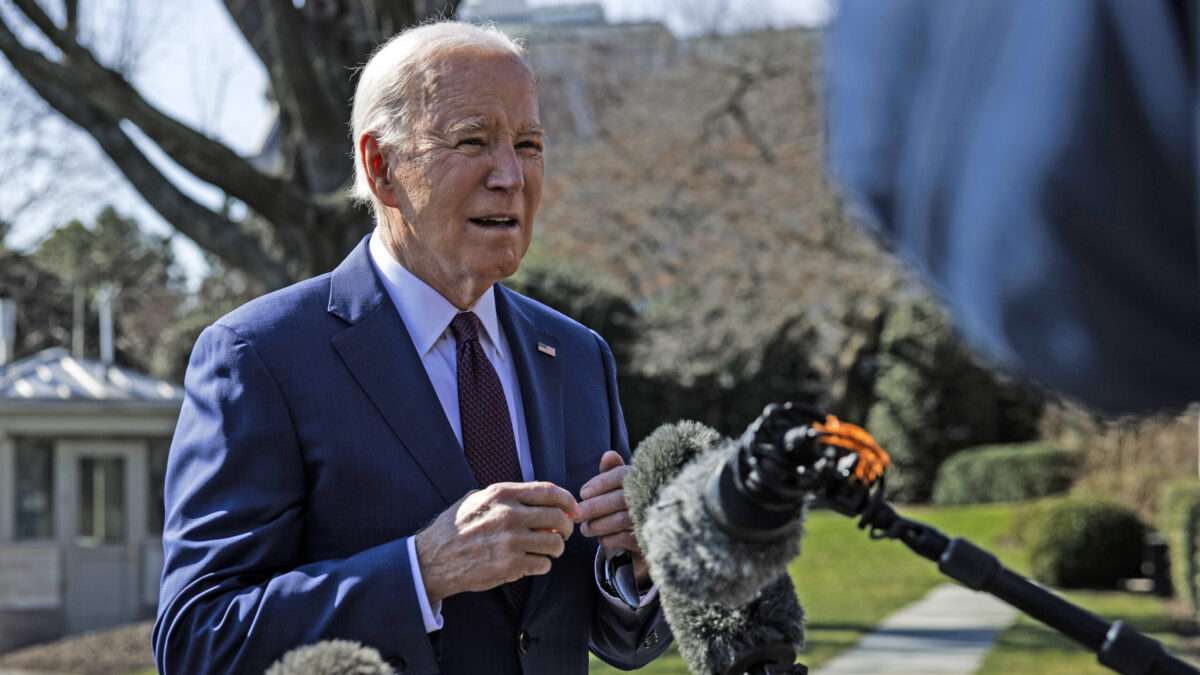Kamala Harris Implausibly Claims Biden's Marijuana Pardons Number in the 'Tens of Thousands'

"We have pardoned tens of thousands of people with federal convictions for simple marijuana possession," Vice President Kamala Harris bragged on Thursday. It was not the first time she had offered that estimate, which she also cited during an appearance in South Carolina last February and at a "roundtable conversation about marijuana reform" the following month.
Where did Harris get that number? From thin air, it seems. "While Harris said 'tens of thousands' have been pardoned under President Joe Biden's October 2022 and December 2023 clemency proclamations," Marijuana Moment noted in February, "the Justice Department estimates that roughly 13,000 people have been granted relief under the executive action." And only a tiny percentage of those people have bothered (or managed) to obtain evidence of their pardons: This week the Justice Department reported that "the Office of the Pardon Attorney has issued 205 certificates of pardon" to people covered by Biden's proclamations.
In October 2022, President Joe Biden announced pardons for people who had possessed marijuana in violation of 21 USC 844 or Section 48–904.01(d)(1) of the D.C. Code. That proclamation applied to "all current United States citizens and lawful permanent residents" who had "committed the offense of simple possession of marijuana" on or before October 6.
According to a count by the U.S. Sentencing Commission (USSC), about 7,500 citizens and 1,200 "resident/legal alien offenders" (only some of whom would be eligible for pardons) were convicted of marijuana possession under 21 USC 844 from FY 1992 through FY 2021. Those numbers include some people who also were convicted of other offenses.
That count did not include D.C. Code violations. "We estimate that over 6,500 people with prior federal convictions for simple possession of marijuana and thousands of such convictions under D.C. law could benefit from this relief," a White House official said during a press background call on the day Biden announced the pardons.
In December 2023, Biden expanded the pardons to include people who had violated either of two additional laws covering attempted possession (21 USC 846 and Section 48-904.09 of the D.C. Code) or federal regulations prohibiting marijuana possession in specific locations such as "Federal properties or installations." That proclamation also extended the cutoff for violations by another year or so. At the time, Harris said the additional pardons would help "thousands of people."
So how did Harris arrive at "tens of thousands"? Even if you include people who committed these offenses prior to FY 1992, there would have to be about 10,000 of them who are still alive to justify Harris' estimate.
The USSC found fewer than 9,000 such cases over three decades, and Biden's expansion may have added a few thousand more. So going back a couple more decades would not do the trick, even if you assume that the annual numbers are about the same over time, which we know is not true: The USSC count included years when the number of federal sentences for simple marijuana possession rose and fell precipitously. Overall, the annual number of marijuana arrests (the vast majority under state law) was much lower in the 1960s and '70s than it was in the period covered by the USSC analysis. And if you go back that far, you are including many people busted for possession who are no longer with us.*
Harris' exaggeration reflects the Biden administration's general tendency to fib about the extent of its "marijuana reform" while trying to motivate younger voters whose turnout could be crucial to the president's reelection. In his State of the Union address on March 8, for example, Biden falsely claimed that he was "expunging thousands of convictions."
Biden's marijuana pardons do not entail expungement because it is not possible under current federal law. As the Justice Department notes, a pardon "does not signify innocence or expunge the conviction." So it is also not true that Biden's clemency "lifts barriers to housing, employment, and educational opportunities for thousands of people with prior convictions under federal and D.C. law for simple marijuana possession," as inaptly named "fact sheets" from the White House claimed in February 2023, September 2023, and April 2024. Likewise for Biden's recent claim that he is "lift[ing] barriers to housing, employment, small business loans, and so much more for tens of thousands of Americans," which combines two kinds of hyperbole.
During his 2020 campaign, Biden promised to "decriminalize the use of cannabis." But his pardons did not accomplish that either. Without new legislation, simple possession will remain a federal offense punishable by a minimum $1,000 fine and up to a year in jail. Biden and Harris have muddied that point by saying his pardons are based on the premise that "no one should be jailed for simply using" marijuana, as Biden said in March, or that "no one should go to jail for smoking weed," as Harris put it on Thursday.
Those formulations also imply that low-level marijuana arrests commonly result in incarceration, which is not true. The USSC reported that "no offenders" covered by Biden's October 2022 proclamation were in federal Bureau of Prisons custody as of the previous January. And since those pardons excluded people who had been convicted of growing or distributing marijuana, they did not free a single federal prisoner.
Biden also has misrepresented the significance of moving marijuana from Schedule I to Schedule III of the Controlled Substances Act, which he describes as a "monumental" accomplishment. That change, which the Drug Enforcement Administration formally proposed this week, would facilitate medical research and allow state-licensed marijuana suppliers to deduct standard business expenses when they file their federal tax returns—a big financial benefit to the cannabis industry. But it otherwise would leave federal pot prohibition essentially unchanged, which is how Biden wants it.
For a longtime drug warrior who supposedly has seen the error of his ways but nevertheless opposes marijuana legalization, appealing to voters who overwhelmingly favor it is a tough sell. As Harris' pardon prevarication illustrates, that pitch requires obscuring the truth in ways small and large.
*Addendum: "I share your concerns about hyperbole around the number of pardons (and all the other marijuana reform hype)," Douglas Berman, a sentencing expert at the Ohio State University's Moritz College of Law, says in an email. He nevertheless suggests that "motivated math" could get Harris to a bit more than 20,000 simple possession convictions. That calculation would hinge on including D.C. arrests from the mid-1970s on and assuming about 15 percent resulted in convictions, which Berman says is "reasonable for a mid-sized city." But "this VP-friendly accounting," he notes, "is entirely back of the envelope," which he sees as "a big problem in this space." And Harris said she was talking about "federal convictions for simple marijuana possession," which implies convictions under 21 USC 844, 21 USC 846, and location-specific federal regulations.
[This post has been updated with additional observations about the impact of Biden's pardons.]
The post Kamala Harris Implausibly Claims Biden's Marijuana Pardons Number in the 'Tens of Thousands' appeared first on Reason.com.


